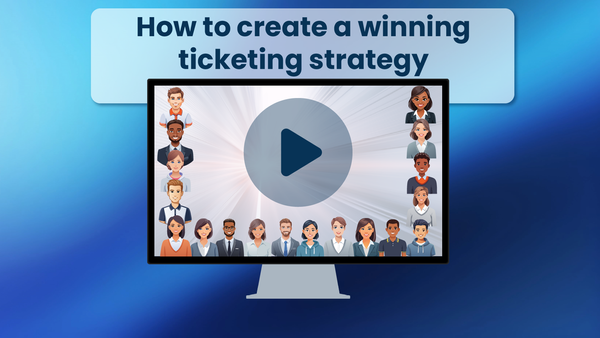The First To Go: How To Maintain A Group Sales Strategy With Team Success

In the sports industry, one recurring phenomenon stands out: a team achieves success, such as winning a championship or making a deep playoff run, and suddenly there’s a decision to scale back group sales inventory—or even reduce group sales staff. These decisions often happen quickly, based on the logic that season ticket sales and individual game tickets will drive more revenue.
Unfortunately, these short-term moves often fail to consider the longer-term consequences. Group leaders and sales executives handle some of the most challenging aspects of ticket sales. They sell tickets for the top rows, find buyers for a quiet Tuesday night, and create theme nights, events, and packages to bring people through the doors when the demand for season tickets or individual games isn’t there. When a team abruptly reduces or eliminates this part of the business, it can take years to rebuild trust and engagement with group leaders and their networks.
So, how should teams experiencing a surge in demand handle group sales effectively? Here are some key strategies:
1. Maintain Group Sales as a Priority
Group leaders and their groups are often long-time supporters of a team, and their loyalty should be valued. They share in the excitement of the team’s success and should remain a priority within the overall sales strategy. Maintaining even a small amount of inventory for most games will allow is key.
2. Don’t Undervalue Group Pricing
It’s acceptable—and even necessary—to adjust group ticket prices in response to demand. Use dynamic pricing for group promotions just as you would for individual ticket sales. When communicated clearly, most groups will understand that pricing will vary depending on the game and its demand.
3. Maximize Fan Experiences
For teams focused on revenue goals, consider shifting fan experience requirements to revenue minimums instead of ticket quantities. If ticket minimums remain the focus, adjust them slightly to reflect the increased demand. Use dynamic pricing to align these experiences with the value of each game.
4. Promote Bundles or Double Buys
If the opportunity is there, offer bundle deals across different teams to drive revenue and engagement. Additionally, requiring groups to attend multiple games can help sustain long-term interest and fill seats consistently.
5. Prioritize and Strategically Repurpose Programs
While some theme nights may no longer be necessary, teams can focus on the most popular or impactful ones. Push-pull programs can also be repurposed for preseason or early-season games that are likely to need additional support.
Viewing group sales as the “discount option” of ticket sales is an outdated mindset. When approached strategically, group sales can be a significant driver of fan data, a stepping stone to season and premium products and a reliable, recurring revenue stream for teams.




